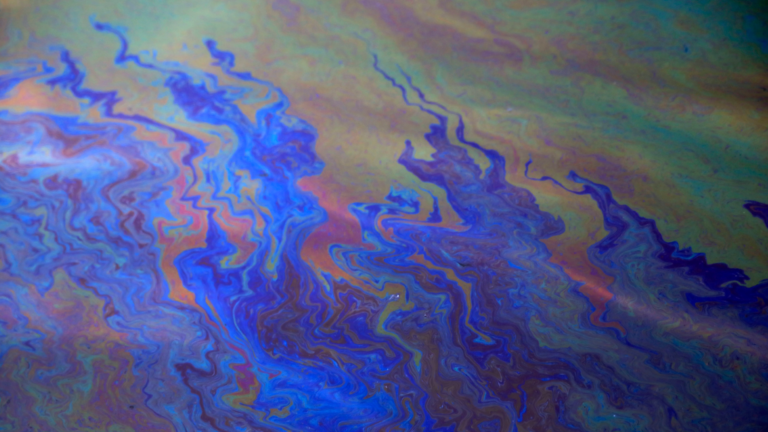
Microbes in oil spills could shed light on ecosystem recovery
In 2020, when researchers were just beginning to return to the lab after pandemic lockdowns, Earth scientist Roman Barco was interested in microorganisms called ammonium-oxidizing Archaea. The environmentally important microbes play a significant role in processing nitrogen into different forms in nature, and Barco was looking for a site where the microorganisms lived. He thought of the wetlands near Huntington Beach, where the brackish water might provide them a welcoming home, and reached out to the conservancy there. With their permission, he collected some samples.
The following year, on Oct. 1, 2021, tragedy struck the area: A damaged pipeline connecting an offshore oil rig with the shore ruptured, pouring 25,000 gallons of crude oil into the ocean. Large amounts of oil seeped into saltwater marshes near where Barco, assistant professor of Earth sciences at the USC Dornsife College of Letters, Arts and Sciences, had been working the previous year.